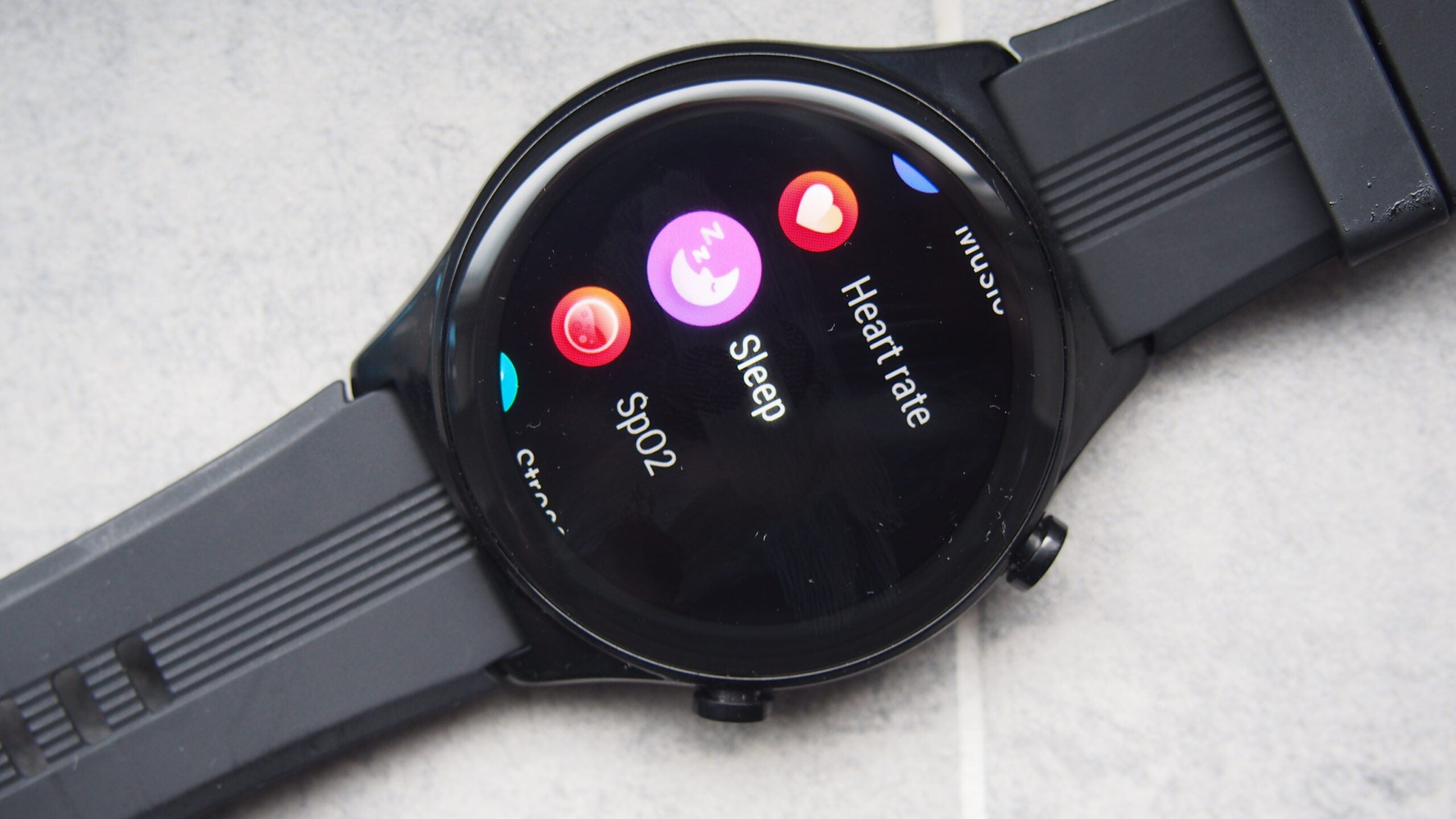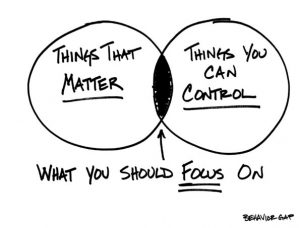How Accurate are Fitness Trackers for Heart Rate?
Do you ever wonder how reliable those fitness trackers you wear actually are? If you want to really pinpoint your heart rate during a workout and beyond, you may be surprised to learn that the accuracy of fitness trackers can vary. In this article, we’ll dive deeper into how accurate fitness trackers are for monitoring your heart rate.
List of Content
- 1. What are Fitness Trackers?
- 2. How do Fitness Trackers Monitor Heart Rate?
- 3. What are the Benefits of Monitoring Heart Rate?
- 4. Challenges of Accurately Measuring Heart Rate with Fitness Trackers
- 5. Tips to Improve the Accuracy of Fitness Trackers for Heart Rate
- 6. Final Thoughts: Is Fitness Tracker Accuracy Good Enough for Heart Rate?
- My Awnswers to your Questions
1. What are Fitness Trackers?
Fitness trackers are wearable devices used to track your daily physical activities. From walking or running to weightlifting and other cardiovascular activities, they measure how much physical effort you’re exerting in each of these activities. They provide insights into how active you are, letting you make informed decisions about your fitness and health.
These devices record your activity level by measuring steps taken, distance traveled, and calories burned; some also measure heart rate, skin temperature, and the quality of your rest. That way, you get a full picture of your overall fitness level. Additionally, they can offer real-time alerts and notifications to keep you motivated and on track for your fitness goals.
Most fitness trackers are light and comfortable to wear, able to connect to Wi-Fi and Bluetooth, and sync to your smartphone or computer to provide analysis, supplementing your workout routine. Some have features like GPS, music options, and even touch-sensitive displays.
Whether you’re a beginner or a seasoned athlete, here’s a quick overview of what to look for:
- Step counter: Counts and charts your steps, helping you track your progress.
- Sleep monitor: Tracks your sleep patterns and cycles.
- Calorie counter: Estimates the number of calories you’ve burned throughout the day.
- GPS: Tracks your speed and distance during outdoor activities.
- Heart rate monitor: Monitors and records your heart rate in real-time.
These are just some of the features fitness trackers offer. Get one that matches your needs and start tracking your fitness today!

2. How do Fitness Trackers Monitor Heart Rate?
Fitness trackers are great for keeping track of your activity and heart rate in particular. Thanks to advances in technology, wearing a device can now monitor your heart rate accurately and give you real-time information.
Heart Rate Sensors: Heart rate sensors are the main component in fitness trackers designed to track the rate at which your heart pumps blood through your body. The most commonly used technology for heart rate sensors are photoplethysmography (PPG). This method requires you to wear a wristband device which then uses LEDs and photo-sensing elements to track the changes in blood volume inside your body.
Optical Heart Rate Monitors: Optical heart rate monitors are the most popular form of heart rate sensors. This type of monitor works by using one or even two LEDs and a camera placed on the rear of the device. When you place your finger, the light from the LEDs goes though your finger and the camera then picks up the changes experienced in the light being reflected back from your finger.
- Heart rate sensors measure the beat of your heart, when a specific number of beats occur it triggers a response.
- Optical heart rate monitoring is the most popular form of such technology.
- It works using one or two LEDs with a camera to capture changes.
- The sensor then sends the data collected to the device which can then measure your heart rate accurately.
Conclusion: With the use of advanced heart rate sensor technology, the accuracy and speed at which they measure your activity and the data collected is really quite remarkable. For those looking to get more out of their workout sessions, fitness trackers are the perfect solution.
3. What are the Benefits of Monitoring Heart Rate?
Monitoring your heart rate can help you have a better understanding of your cardiovascular health and physical workout progress. Here are three main benefits.
1. Improves Fitness
- It will help you know whether you are exercising within the ideal zone of your target heart rate.
- It will help you set realistic goals for your physical activity.
- It helps you customise your fitness plan according to your intensity level.
2. Helps in Weight Loss
- When your heart rate is lower than your target rate, it means you need to intensify your physical activity to burn more calories.
- It helps in maintaining a healthy body weight by keeping track of your body’s calorie burning process.
3. Check for Potential Heart Diseases
- If your heart rate is consistently more than the suggested target range, it could be a sign of potential heart diseases.
- Monitoring your heart rate can help to identify any early signs and symptoms of potential heart-related issues.
By tracking your heart rate, you’ll have a better understanding of your cardiovascular health. It also aids in developing a suitable physical activity plan and help you check for possible heart-related issues.
4. Challenges of Accurately Measuring Heart Rate with Fitness Trackers
Accurately measuring heart rate is crucial to accurately tracking fitness and progress. But when it comes to fitness trackers, one of the biggest challenges is getting an accurate reading. Here are just a few of the .
Location
- Fitness trackers detect heart rate by measuring blood flow through the skin which tends to be less accurate when a person is moving instead of standing still.
- The sensors in some trackers are more sensitive than others, leading to some inaccuracies depending on the location of the device on the body.
Settings
- If a fitness tracker isn’t set up properly, it can give inaccurate readings. For instance, if the tracker isn’t set for the right type of exercise — if you’re doing a moderate-intensity jog instead of a low-intensity run — then it may not accurately measure your heart rate.
Heart Rate Variability
- Heart rate variability (HRV) is also an important factor when it comes to measuring heart rate with fitness trackers. It’s the natural differences in the time between each beat of the heart and can be affected by a variety of factors including age, physical fitness, and stress.
- Fitness trackers use sensors to detect HRV and if the data isn’t accurate it can lead to inaccurate results.
Other Factors
- Accuracy can also be affected by external factors like the temperature and humidity of a person’s environment or even fidgeting as a person moves.
- Additionally, some trackers may not work correctly with tattoos, as the sensors cannot penetrate through dark ink. This can also affect the accuracy of readings.
5. Tips to Improve the Accuracy of Fitness Trackers for Heart Rate
- Wear it right – Wearing your fitness tracker in the right place is important if you want to get accurate heart rate readings! Make sure that your fitness tracker is in contact with your skin, as contact directly with your skin is the most accurate way to track your heart rate. If it’s loose, chances are that you will not get accurate results.
- Avoid common mistakes – Many people make the mistake of wearing their fitness tracker too tightly. Wearing it too tight will reduce the accuracy of the readings. In addition, you should avoid wearing it too loosely, as that can cause it to wobble and produce inaccurate readings as well.
Many fitness trackers come with a variety of heart rate monitoring settings, and it is important to make sure that you are using the correct one. For example, some fitness trackers have a ‘steady state’ setting, which is ideal for tracking your overall heart rate. However, if you want to track your heart rate during exercise, a ‘dynamic’ setting might be more appropriate.
Using a heart rate chest strap is a great way to maximize the accuracy of your fitness tracker. Unlike the fitness tracker’s wrist-mounted sensor, a heart rate chest strap is designed to provide more accurate readings as it sits closer to your heart.
Finally, it is important to ensure that your fitness tracker is synced correctly to your phone. Make sure that it is up to date and connected properly. Doing this can help ensure that the data recorded by your fitness tracker is accurately synced with your phone.
6. Final Thoughts: Is Fitness Tracker Accuracy Good Enough for Heart Rate?
It’s crucial to know if fitness tracker accuracy is good enough for heart rate measurement. Heart rate data is often used to track fitness experiences and give users personalized advice on their health. Fortunately, fitness trackers are constantly improving in accuracy and technology.
- Design & Materials: Most fitness trackers come with an improved design and better materials. With a more secure fit and better designed bands, they are able to measure heart rate with greater accuracy.
- Technology: There have been significant advances in the technology used to track heart rate. For instance, many fitness trackers now use electrocardiography (ECG) technology, instead ofjust optical sensors.
- Reliability: Fitness trackers have become more reliable for measuring heart rate. While they aren’t suitable for medical use, they can provide users with an accurate reading for their daily activities and tracking.
- Software: The software that lets the fitness tracker track your heart rate has improved in recent years. The latest fitness trackers come with improved software that can provide more accurate results.
In a nutshell, fitness trackers have become more accurate and reliable in measuring heart rate. They may not be suitable for medical use, but they can provide accurate data for daily activities and tracking. With the improved design, technology, and software available on fitness trackers, they can now provide accurate heart rate readings to better support users’ health and fitness goals.
For the best possible results, it’s important to find the best fitness tracker that suits your needs and activities. That way, you can count on accurate heart rate readings to better track your health and fitness progress.
My Awnswers to your Questions
Q: What is a fitness tracker?
A: A fitness tracker is a wearable device that monitors your body and tracks various metrics related to fitness, such as step count, heart rate, distance walked, and more.
Q: How accurate are fitness trackers for measuring heart rate?
A: It depends on the specific fitness tracker and the type of technology it uses. There are a variety of technologies available, each of which is more or less accurate. Generally, optical technology is considered more accurate, while ECG-based and wearable ECG technologies provide the most reliable results.
Q: Are there any other health metrics that fitness trackers measure?
A: Yes! Aside from heart rate, fitness trackers measure steps taken, calorie intake and expenditure, sleep tracking, and other wellness metrics.
Q: Is there any way to make a fitness tracker more accurate?
A: Yes, you can calibrate your fitness tracker to your body by wearing it more often and updating the settings according to your specific measurements and habits. Additionally, some fitness trackers have built-in sensors that provide real-time feedback.
Q: Are fitness trackers useful for tracking health?
A: Yes, fitness trackers can be a great tool to help users stay informed about their health, although it’s important to keep in mind that it is not a replacement for medical advice. They can help you keep on top of your physical activity, heart rate, calorie intake and expenditure, and sleep patterns, enabling you to make informed decisions about your health and fitness goals.
After reviewing the accuracy of fitness trackers for heart rate measurements, you can now decide better if they are reliable or not for your heart rate tracking needs! Keep in mind that although the data provided by fitness trackers is accurate, there may be other factors to consider when it comes to your heart rate. Knowing the facts can help you make the best decision for your individual needs.

